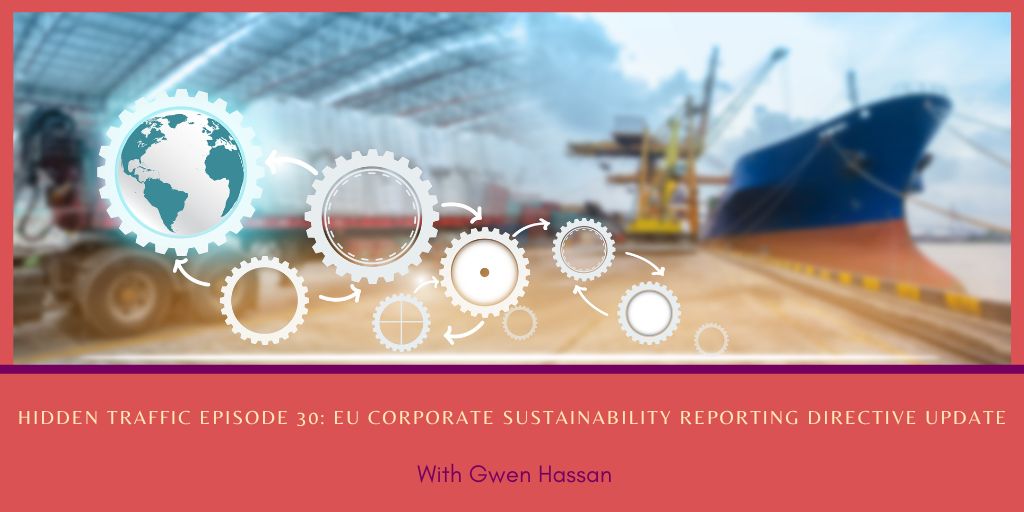In 2016, the SEC announced one of the most interesting non-international-focused FCPA enforcement actions. It involved a clear quid pro quo benefit paid out by United Airlines, Inc. to David Samson, the former chairman of the Board of Directors of the Port Authority of New York and New Jersey. This public government entity has authority over, among other things, United’s operations at the company’s huge east coast hub in Newark, New Jersey.
At the time, United’s Code of Conduct prohibited “United employees from directly or indirectly making bribes, kickbacks or other improper payments to government officials, civil servants or anyone else to influence their acts or decisions” and that “[n]o gift may be offered or accepted if it will create a feeling of obligation, compromise judgment or appear to influence the recipient improperly.” Only the United Board of Directors could grant a waiver to the code, and none was sought or obtained by Smisek. The Order concluded, “The [Chairman’s] Route was initiated in violation of United’s policies.”
The company was also sanctioned for not having internal controls to prevent such actions as those taken by Smisek. The SEC also found this was a violation of Section 13. This was in the face of detailing the protocol for the United instituting or reinstituting a route. The Order stated, “United had insufficient internal accounting controls to prevent approval of the South Carolina Route in derogation of United’s Policies.” All the underlying facts, enforcement theories, and remediation point towards the failure of internal controls when domestic bribery corruption occurs.
Three key takeaways:
1. It is very unusual for the FCPA to form the basis of a domestic bribery violation.
2. A Code of Conduct can be an internal control.
3. Even a CEO must follow internal controls.
For more information on building a best practices compliance program, including internal controls, check out The Compliance Handbook, 3rd edition.



